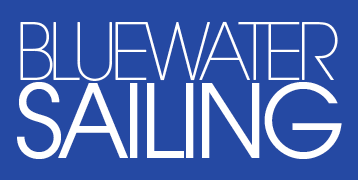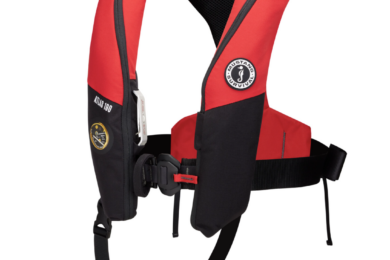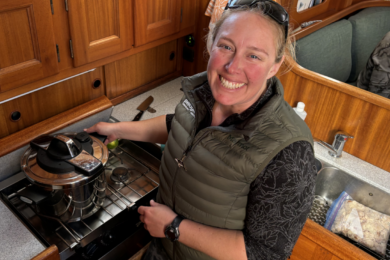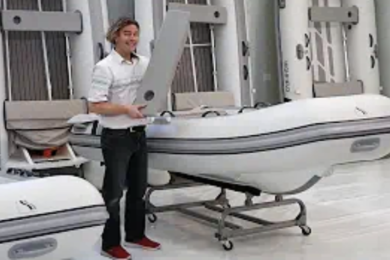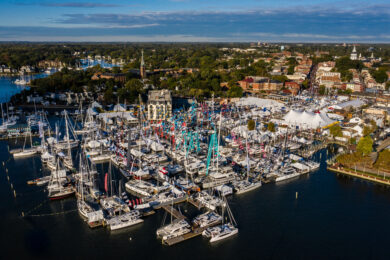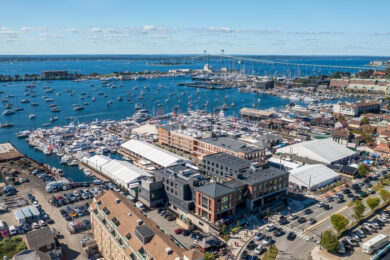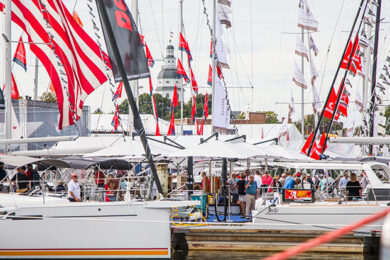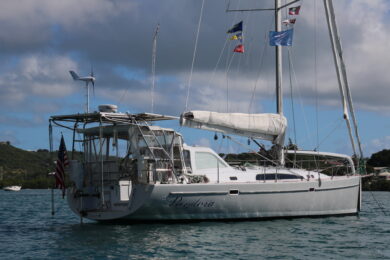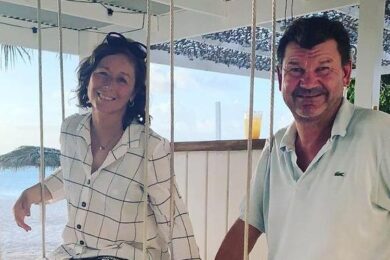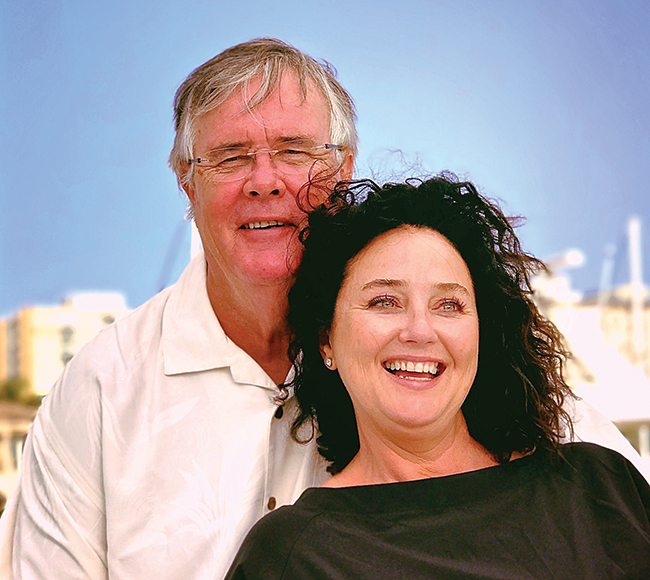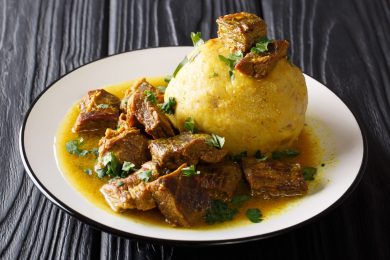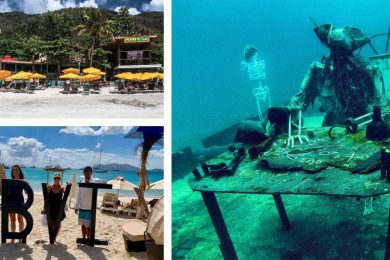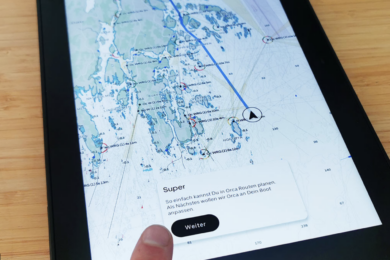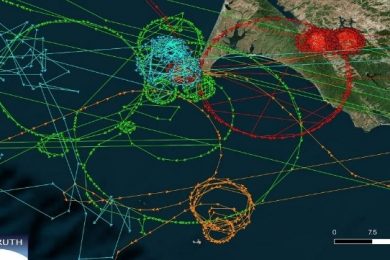How to lend a helping hand as you fulfill your cruising dreams (published January 2015)
If you enjoy cruising off the beaten track, there are many ways you can make a positive impact on the places you visit. Whether you’re sailing to Mexico or less developed islands in the Caribbean or Pacific, by researching your destination and how you can help those who live there, you can make a difference in the environment and communities while enhancing your own cruising experiences.
When I first set off cruising on a Vega 27 at age 22, I had my hands full just keeping the boat off the bricks and absorbing all the incredible experiences. A couple of years later after mastering the basics of cruising, I met a doctor on an isolated island who asked if I would sail him to several other remote islands that had no air service. The doctor conducted health surveys, provided medical treatment and gave each child a toothbrush for which the communities were very grateful. Through this experience I found that being involved, even in a small way, helped improve the quality of life of the people I met, which was also very rewarding. No longer was I just a tourist on a yacht. Instead, I was welcomed at a much deeper level into their community.
As we continue sailing to many of these places, I’m always pleased when I arrive at a village and am shown or told of projects that previous cruisers have started or contributed to. And now that we have easy and extensive communication within the cruising community, I never hesitate asking village elders, teachers and healthcare providers if they have any requests I can relay to future visiting yachts.
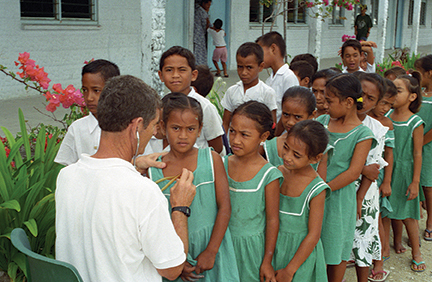
GATHERING INFORMATION
Before arriving at your destination, start by getting a general overview of the people and places that you are likely to experience once you get there. Lonely Planet Travel Guides cover nearly 200 countries and do an exceptional job of giving you insights into many foreign cultures. Seven Seas Cruising Association bulletins (www.ssca.org) include requests from sailors in remote areas of how future arriving cruisers can make a difference. Also, www.noonsite.com has posted our requests for schoolbooks and supplies to be purchased and delivered to remote schools, which has proven quite successful.
In many countries you’ll first clear customs in a larger port or town. We always ask clearance officers for recommendations of interesting places to visit. This shows an interest in their country and has resulted in their requests to deliver greetings, letters or packages to family members on distant islands.
COMMUNICATION
Communication is vital and the returns from learning the basics in the local language far outweigh the time and effort involved. Again, guides such as Lonely Planet, some cruising guides and online references can help you gain some key phrases that will help you communicate with the locals once you arrive. This also shows them great respect, by outwardly displaying to them that you are a willing participant in their lives and culture.
VILLAGE PROTOCOL
When visiting a village for the first time, leave your camera in your backpack and don’t dress in flashy or skimpy clothing. Once ashore, ask to speak to the chief or a village elder. Even where not required, ask for permission to anchor, visit and explore ashore, and swim in their waters. In some countries, tradition requires that visitors present a small gift. In Panama’s San Blas Islands, for instance, it is flour or sugar, in the outer islands of Fiji it is a bundle of kava roots and in New Caledonia fabric is the gift. Don’t hesitate to ask village elders, schoolteachers or clinic staff if there is anything the village requires.
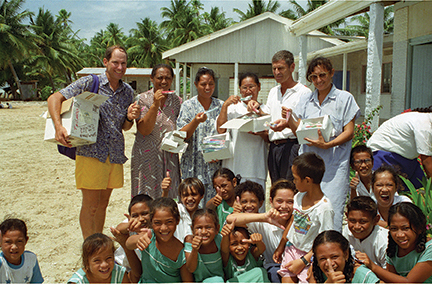
There are some basic rules on what is not appropriate for your first few visits to a village. Before taking photos, it is usually appreciated if you wait until you’ve gotten to know some of the villagers well enough to ask their permission. We’ve been in some Caribbean locations where bringing out a camera instantly turns a peaceful encounter hostile. Passing out lollies or coins to village children, even if asked, is not a good idea, nor is serving alcohol to villagers visiting aboard your yacht.
HEALTH CARE
Many remote cruising destinations lack basic healthcare. If there are locally‑trained healthcare workers, we’ve found that they are often short of basic medical supplies. As a result of requests from nurses and doctors we’ve visited in isolated locations, we’ve returned with medical supplies or had supplies delivered by following cruisers. Most of the requested supplies are basic and may include toothbrushes, sterile gauze dressings, roller gauze, topical antiseptic de-germing solution, topical antibiotic cream and ointment, silvadene burn ointment and oral antibiotics.
READING GLASSES
Reading glasses may be impossible to obtain in some areas. In Panama’s San Blas Islands, the Kuna women sew molas (artistic reverse-appliqued panels) as their sole cash income source. As they get older, if they lose their ability to see detail and sew they are unable to help support their families. Many Lions Clubs collect and distribute used or new reading glasses, so check with your local chapter.
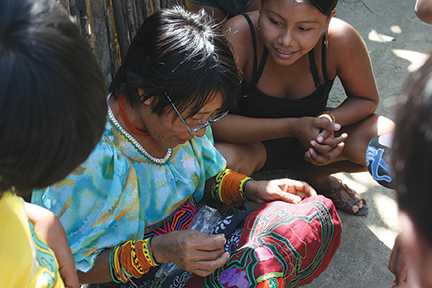
SCHOOLBOOKS & SUPPLIES
We’ve rarely seen parents, village elders and schoolteachers more involved in supporting their childrens’ education than in three remote villages of Vanuatu’s southernmost islands; Aniytum, Tanna and Erromango. These schools receive very little assistance from the capital, Port Vila, and their headmasters asked if we would help them establish the first ever school libraries. In addition, they asked for school supplies including pens, pencils, exercise books, rulers, world atlases, dictionaries, crayons, marking pens and scissors.
We relayed the school’s requests by email to cruisers about to depart from the previous country of Fiji where these goods are available at reasonable prices from Fijian post offices. A week later five yachts delivered the requested books and supplies and we returned this past season with many boxes of books for the libraries. Harriet Linskey from Hands Across the Sea provided a contact at Scholastic Book Services who allowed us to purchase large quantities of new schoolbooks at non-profit prices. Plus, we had Amanda’s family in New Zealand collect several boxes of schoolbooks at second hand shops.
While transiting the Panama Canal and heading to the San Blas Islands for the first time in 2000, we met cruisers who had just spent several months anchored off Mormake Tupu, a small Kuna Indian village. They asked if we would deliver a care package to a special family of artists they had befriended, plus school supplies to the headmaster. They gave us a wish list from the headmaster that included exercise books, pencils, Spanish-English dictionaries and basic reading books. With the help of a taxi driver in Panama City, we visited a large discount store and purchased supplies for Mormake Tupu. In 2015 we will return to the island for the fifth time with more school supplies, reading glasses and toothbrushes for this and neighboring villages.
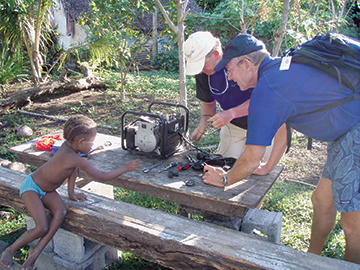
FISHING
Reef fish that are easily accessible for villagers are frequently seriously over fished and we no longer fish or spearfish in inshore waters. However, before making landfall where we know we’ll be visiting villages, we get very serious about pelagic fishing. One of the best gifts that cruisers can bring a village is a large ocean fish like a tuna, mahi mahi or Spanish mackerel. Several times we’ve been asked and have gladly taken villagers sailing specifically to catch larger fish that aren’t accessible with dugout canoes. And we often get requests for fishing equipment.
TECHNICAL ASSISTANCE
Think about how you can help or teach the local people. Some ways that we’ve observed cruisers making a positive contribution include helping design and build clinics, schools, libraries, and rainwater collection and storage systems. Repairing equipment such as generators, outboard motors and sewing machines is always welcome, as many places might not have the proper tools to complete specific tasks.
RECIPROCATE
People you’ll meet in less developed countries are often friendly and generous, so you’ll want to be prepared with some useful gifts to show your appreciation. Gift ideas include soccer and volleyballs, vegetable seeds, boat repair supplies, sunglasses and a photo of their family. We’ve started yacht/visitor logbooks at several villages, which gives the locals a way to remember visitors. Returning decades later, we’ve discovered that these books have become village treasures.
But, passing out gifts indiscriminately makes the locals think that all cruisers are like Santa Claus and locals may then come to expect or demand gifts from cruisers that follow. If a family has invited you home for a meal, why not invite them out to your boat for tea, juice and popcorn or dinner, or maybe out for a day sail?
The benefits of making a positive contribution to the places you visit are many. Your experiences will be more intense and the local people will be much more open if they know that you are there to help and learn, not just to take pictures, leave your rubbish and then sail on to the next anchorage. You will also discover a sense of purpose to your cruise, something that frequently eludes many cruisers.
Resources:
Hands Across the Sea (www.handsacrossthesea.net), started by cruisers Harriet and Tom Linskey. Their CLASS (Caribbean Literacy and School Support) program has been helping thousands of children in five island nations for several years. Every year they load their catamaran with thousands of books from a dedicated warehouse facility and set sail for the Caribbean.
Reef.org (http://www.reef.org/programs/exotic/lionfish) is trying to combat the exploding population of invasive lionfish that have recently been introduced into all Caribbean waters by encouraging snorkelers and divers to spear and eat them.
The SeaBC Sea Bird Count (http://scistarter.com/project/741-SeaBC) is organized by a volunteer group of birders from around the world who are also long-distance sailors. The idea of a “SeaBC” was inspired by popular, long-standing land-based counts such as Audubon’s Christmas Bird Count (CBC) and the Census Bird Count (CBC) in the U.K.
Oceans Watch (http://www.oceanswatch.org/) runs expeditions to developing small island nations in the Pacific to assist them with marine management, sustainable livelihood projects and environmental education.
SeaMercy (http://www.seamercy.org/) is organizing a fleet of volunteer yachts to act as floating health clinics, traveling as needed to reach and meet the health needs of remote islanders in the South Pacific island nations of Tonga, Fiji, the Cooks and Vanuatu.
Seven Seas Cruising Association (www.ssca.org) provides a monthly bulletin of up-to-date information in the form of letters from cruisers worldwide and often outline projects cruisers have initiated to make a difference in local communities.
